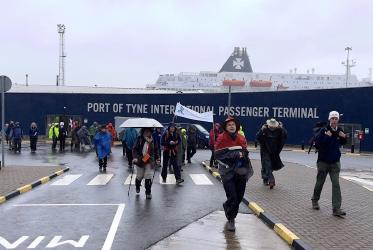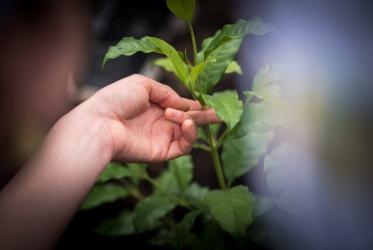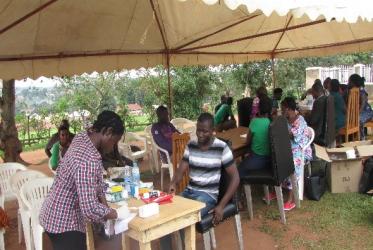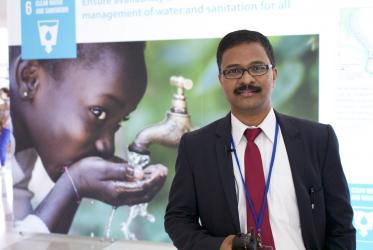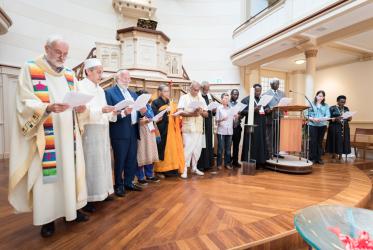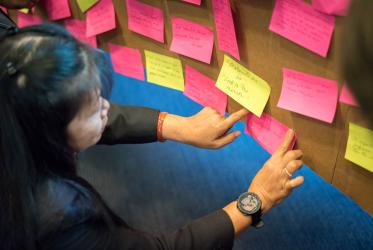Displaying 1 - 20 of 47
Ecumenical conference features theological reflections on ecology
16 February 2021
Churches should use their voice on climate change
26 February 2020
Frontline advocates in Uganda are putting a stop to HIV stigma
16 September 2019
WCC treatment manuals address HIV challenges in Uganda
02 August 2019
WCC expresses sadness, solidarity after Notre Dame fire
16 April 2019
What difference does dressing in black make?
02 August 2018
Working toward an AIDS-free generation
26 July 2018
Building bridges of faith in the HIV response
25 July 2018
Building Bridges in the global HIV response
25 July 2018
Churches in France encourage ecological conversion
24 January 2018
“God has brought ways of defeating HIV”
31 October 2017

